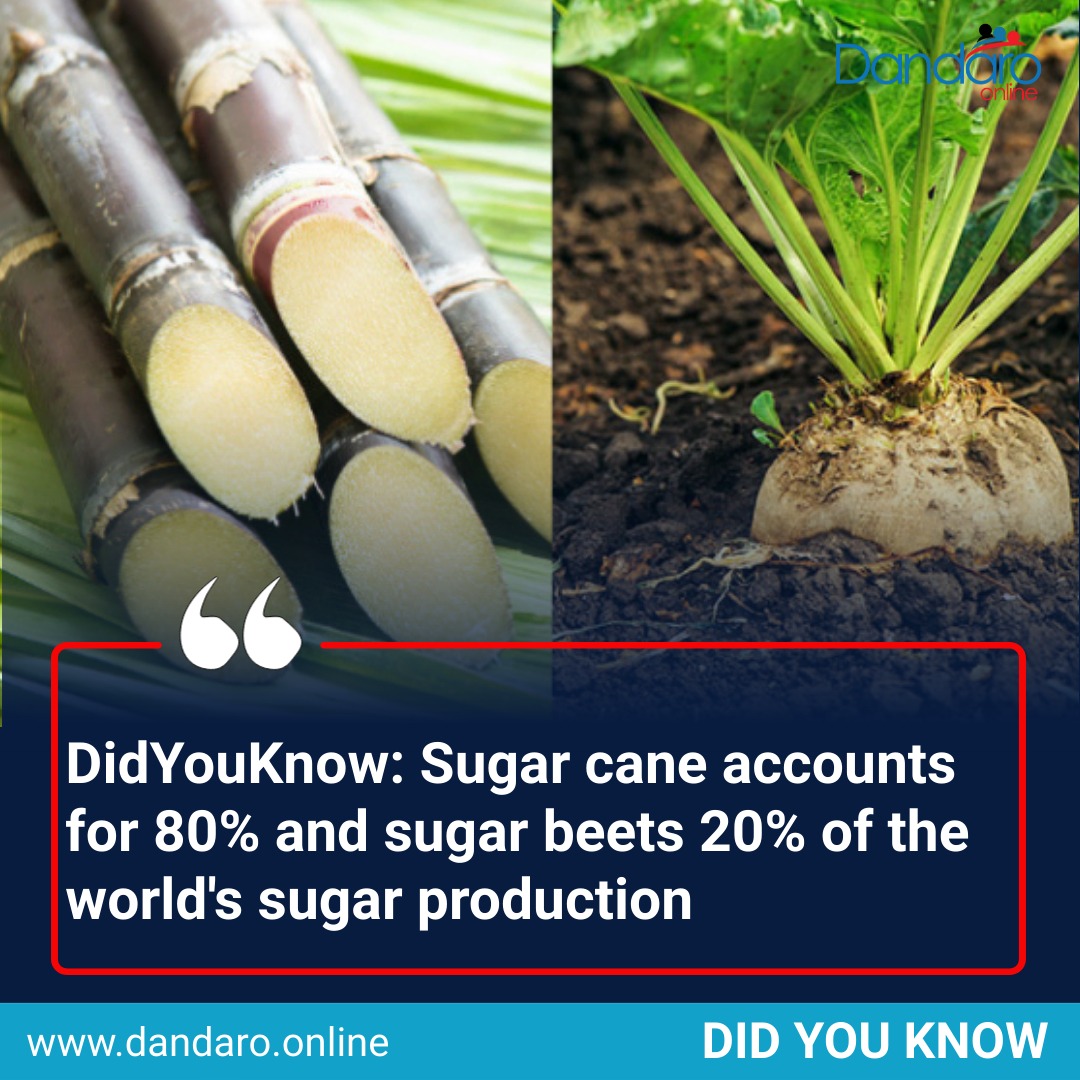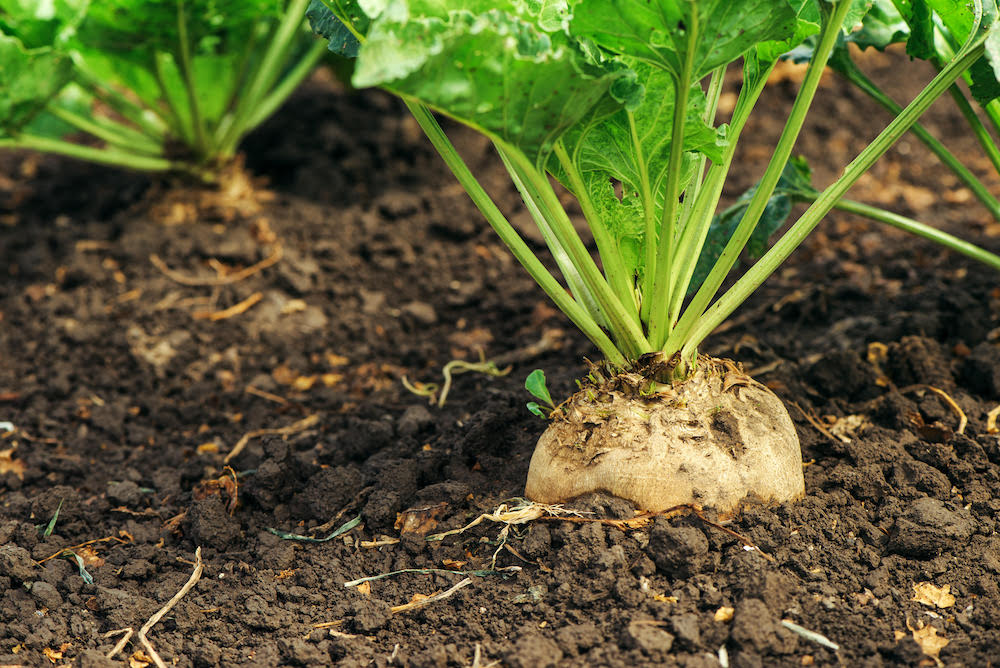Beet Sugar vs Cane: Which Sugar Is the Right Choice for Baking?
Beet Sugar vs Cane: Which Sugar Is the Right Choice for Baking?
Blog Article
The Excellent Argument: Beetroot Sugar Vs Cane and Their Effect on Health
The recurring dispute surrounding beet sugar and walking cane sugar elevates vital concerns concerning their corresponding wellness effects and more comprehensive effects for consumer choices. This conversation invites us to think about not just the sweet taste we select, but the far-ranging results of those selections on our health and the planet.
Overview of Sugar Sources
Sugar, a widely consumed sugar, mainly originates from 2 main sources: sugar beetroots and sugar walking stick. These plants are cultivated in different regions all over the world, each adding to the international sugar supply in distinctive ways. Sugar walking cane prospers in subtropical and tropical environments, with significant manufacturers consisting of Brazil, India, and China. The plant is gathered for its stalks, which are after that refined to remove juice and crystallize sugar.
On the other hand, sugar beets are mainly grown in temperate regions, with considerable manufacturing in nations such as the USA, France, and Germany. The beets are harvested from the ground, cut, and based on a procedure that transforms the removed juice right into granulated sugar. While both sugar sources eventually yield sucrose, their farming practices, processing techniques, and geographic distributions differ significantly.
These distinctions can affect not only the ecological impact of sugar production however additionally the financial aspects of sugar prices and trade. Comprehending the beginnings of these sweeteners is critical for consumers and policymakers alike, as it lays the structure for notified conversations concerning their health and wellness implications and sustainability.
Nutritional Contrast
When checking out the nutritional profiles of beet sugar and cane sugar, both resources share a comparable make-up as they largely are composed of sucrose. Sucrose is a disaccharide, composed of sugar and fructose, and is in charge of the sweetness linked with both sugars. The refining processes for both beetroot and walking stick sugar yield items that are predominantly pure sucrose, with marginal traces of vitamins, minerals, or various other nutrients.
In terms of calorie content, both beetroot and cane sugars give roughly 4 calories per gram. Neither sort of sugar uses significant dietary benefits beyond energy stipulation, as they do not have essential vitamins or minerals. The existence of trace elements, such as magnesium, potassium, and calcium, can differ a little between the two, primarily due to the agricultural practices and soil conditions in which they are grown.
In addition, the glycemic index values of beet sugar and walking stick sugar are equivalent, showing similar impacts on blood glucose levels. Generally, from a nutritional perspective, beet and walking cane sugars are functionally comparable, contributing primarily to caloric consumption without offering substantial health and wellness advantages over one another.
Health And Wellness Effects
The health effects of consuming beetroot sugar and cane sugar warrant cautious factor to consider, specifically given the rising prevalence of sugar-related health and wellness problems. Both sorts of sugar contribute similar calorie worths and can cause enhanced dangers of weight problems, type 2 diabetic issues, and heart diseases when consumed over. The body metabolizes both sugars right into sugar, which can create spikes in blood glucose degrees, bring about insulin resistance over time.
While there is continuous argument regarding the glycemic index of these sugars, researches suggest that both can negatively impact metabolic health and wellness if eaten in big quantities. beet sugar vs cane. Furthermore, the possible visibility of impurities in beet sugar, such as chemicals from traditional farming methods, elevates additional wellness issues. Alternatively, walking cane sugar, particularly when minimally processed, may supply a somewhat much more beneficial profile because of its all-natural state
Furthermore, the intake of sugarcoated, regardless of the source, is connected to unfavorable health and wellness end results, consisting of dental issues and fatty liver disease. Consequently, small amounts is vital, and people need to bear in mind their total sugar consumption from all resources, ultimately focusing on whole foods over sugarcoated for ideal health results.
Ecological Influence
Understanding the wellness ramifications of beetroot and walking cane sugar additionally causes an evaluation of their ecological effect, which can significantly affect farming sustainability and ecological equilibrium. Both sugar resources have distinctive ecological impacts, shaped by their farming methods and geographical demands.

On the other hand, beetroot sugar is typically grown in pleasant environments and usually entails diverse crop rotations. This method can enhance dirt health and decrease dependence on chemical inputs. Extensive beet farming can additionally lead to nutrient deficiency and pest stress if not taken care of sustainably.
Both sugar kinds present obstacles and opportunities for ecological stewardship. Advertising lasting agricultural methods and liable sourcing can alleviate their influences, making certain that sugar production lines up with eco-friendly conservation and long-term food security.
Customer Preferences
In the middle of expanding awareness of health and official statement ecological issues, customer choices for sugar types are progressively affected by perceptions of health and wellness advantages, sustainability, and ethical sourcing. Beet sugar and walking stick sugar each present unique attributes that attract various consumer demographics.
Health-conscious customers frequently scrutinize the nutritional accounts of these sugars, looking for choices viewed as much less processed or more natural. Walking cane sugar, frequently considered as the traditional sweetener, is occasionally favored for its viewed purity and simpleness. On the other hand, beetroot sugar, which is regularly originated from genetically modified crops, encounters apprehension amongst those concerned concerning GMOs.
Sustainability is another significant aspect influencing consumer choices. As understanding of farming methods grows, lots of consumers choose for products that line up with eco-friendly farming approaches. Cane sugar production, specifically when sourced from lasting farms, can appeal to eco-conscious buyers.
Honest sourcing plays an essential duty as well, with consumers increasingly favoring items that sustain reasonable labor practices. Certifications such as Fair Trade can enhance the appearance of walking cane sugar in the marketplace. Inevitably, consumer preferences are shaped by a complicated interplay of health, ecological, and ethical considerations, driving demand for both beet and walking cane sugars in varied markets.
Conclusion
To conclude, the debate in between beet sugar and walking cane sugar includes various aspects, consisting of dietary accounts, health effects, and environmental effects. beet sugar vs cane. While both sugars largely contain sucrose and show similar calorie web content, worries pertaining to pesticide usage in beetroot sugar and the eco-friendly impact of walking stick sugar monoculture warrant cautious consideration. As customers progressively prioritize sustainability and wellness, informed selections concerning sugar usage come to be essential in promoting total well-being and environmental stewardship

Report this page